Pagine
Condividi e segnala
Tag
- Althusser
- Antropologia
- Baumgarten
- Bourdieu
- Conceivability of Nothingness
- Conciliation
- corpo
- Derrida
- Dialectics
- Difference
- distinzione
- Europe
- Expression
- giudizio
- Grace
- Habitus
- Heidegger
- Hobbes
- Kant
- linguaggio
- Lyotard
- marxismo
- Medieval Aristotelianism
- Metaphysics
- Nature
- Negative
- Nichts
- nihil
- Nihilism
- nihil negativum
- nihil privativum
- Non-identical
- Nothing
- Nothingness
- onore
- politica
- postmoderno
- pratica
- riconoscimento
- Smith
- solitudine
- Sovranità
- Spinoza
- Thomas Aquinas
- Western Ontology
-
Articoli recenti
Link
Archivi categoria: Monografica
Masse postmoderne. Considerazioni su feticismo e dispotismo nel tempo dell’estetizzazione amministrata
Marco Gatto
Università della Calabria (marco.gatto@unical.it)
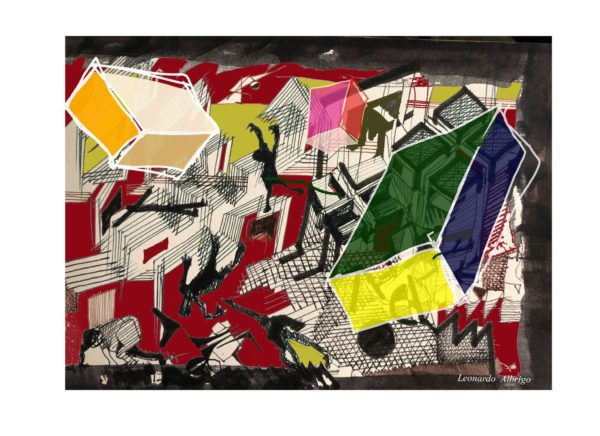
Abstract: Re-reading Freud masterwork on Mass Psychology, the article explores the transformations of some analytical categories as “mass”, “individual”, “fetish object”, with an emphasis to the contemporary Italian context and, more generally, to the turning point of late capitalism. Fetishism is seen in relation to the Aestheticization of daily life and to the process of transitional agglomeration around a temporary ideological target.
Keywords: Freud; Adorno; Fetishism; Capitalism; Aestheticization.
… Continua a leggere
Pubblicato in Monografica, NUMERO 11
Lascia un commento
Il Nome del Padre: da primo(-rdiale) finisce coll’arrivare sempre per ultimo
Roberto Finelli
Università degli Studi Roma Tre (roberto.finelli@uniroma3.it)

Abstract: The essay intends to critically examine the difficulties of the passage in Freudian thought from individual psychology to collective psychology. The basic thesis is that in the thought of the Viennese master there is too easy a projection of the first on the second. The thesis of the primitive horde and the dominant male configures, according to the author, a birth of the history and primitive socialization of human beings established on physical force alone. In this way, and in a paradoxical way for Freud’s own humanism, a magical-symbolic-cultural … Continua a leggere
Pubblicato in Monografica, NUMERO 11
Lascia un commento
Peace Through Law? Freud, Einstein, and Kelsen on the Violence of Right
Jens De Vleminck
KU Leuven – Institute of Philosophy (jens.devleminck@kuleuven.be)

Abstract: This article scrutinizes Sigmund Freud’s Why War? (1933) by taking it as the focal point to explore the Freudian conception of violence. According to Freud, violence is intrinsically connected with the constitution of right. What is at stake in Freud’s reflections is this very specific dynamic relation of violence and right, being equally important in his dispute with Albert Einstein. The debate between Freud and Einstein is problematized by confronting it with the legal philosophy of Hans Kelsen. Special attention is given to Kelsen’s critical review of … Continua a leggere
Pubblicato in Monografica, NUMERO 11
Lascia un commento
La dinámica del trauma en relación a la identidad colectiva
Ana Meléndez
Universidad de Valencia (ana.melendez@uv.es)

Abstract: This articles attempts to show how the discovery of the “death drive” is central to understand the Freudian conception of the human condition: to this drive can be attributed the source of destruction that threatens coexistence – when it goes outward – , as much as the possibility of it and a kind of pathological suffering – when it goes inward as a moral conscience. This will guide Freud not only towards a new understanding of trauma, but also towards a novel reinterpretation of social life. In his late work Freud … Continua a leggere
Pubblicato in Monografica, NUMERO 11
Lascia un commento
Mass Manipulation and Group Performance. Adorno’s ‘Freudian’ Theory of Fascism
Leonardo Diprima
Ricercatore indipendente (leonardo.diprima96@gmail.com)
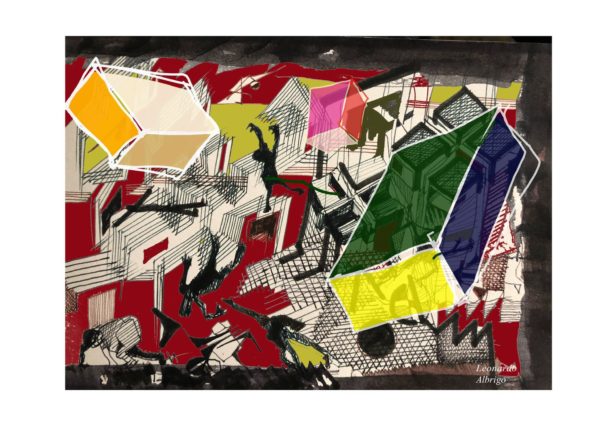
Abstract: This article provides an overview of Adorno’s adoption of Freudian group psychology in “Freudian Theory and the Pattern of Fascist Propaganda” and other works – and the application of its tenets to fascism and fascist propaganda. Adorno conceives of the latter as the artificial, instrumental activation of collective psychology for political purposes. Fascist leaders employ rhetorical techniques that are devoid of programmatic content, but that are modeled after Freudian psychology. Adorno also revisits Freudian psychology: he sticks to its central theoretical tenets but applies them to fascism against the backdrop of a … Continua a leggere
Pubblicato in Monografica, NUMERO 11
Lascia un commento
Il populismo come regressione. Sull’attualità della psicoanalisi politica di Franz Neumann
Marco Solinas
Scuola Universitaria Superiore Sant’Anna di Pisa (marco.solinas@santannapisa.it)
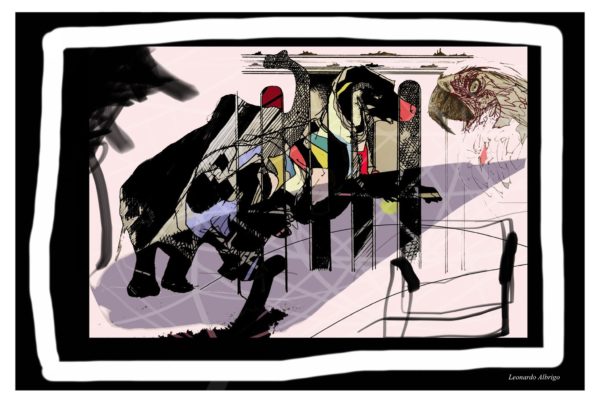
Abstract: The paper aims to give an account of the actuality of Neumann’s conception of the forms of psychological and political regression in relation to the thematization of populism. In particular, the paper aims to develop a conception of populism as regression starting form Neumann’s theoretical insights. The psychoanalytical sides of Neumann’s political theory is here analyzed starting from his essay Angst und Politik. Neumann’s conception of the forms of political anxiety in the contest of right radical political movements is developed looking at the current debate on … Continua a leggere
Pubblicato in Monografica, NUMERO 11
Lascia un commento
Ambivalent Identifications: Narcissism, Melancholia, and Sublimation
Delia Popa & Iaan Reynolds
Delia Popa: Villanova University (delia.popa@villanova.edu);
Iaan Reynolds: Villanova University (christiaan.reynolds@villanova.edu)
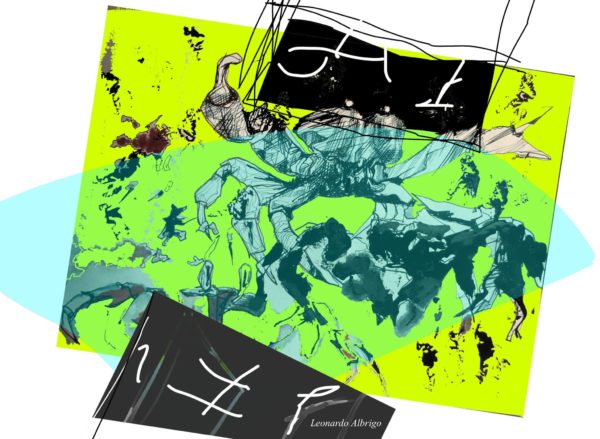
Abstract: Beginning with Freud’s treatment of identification as an ambivalent process, we explore identification’s polarization between narcissistic idealization and melancholic division. While narcissistic identification can be seen as a strategy adopted by the ego to avoid the educational development of its drives and to maintain itself either in whole or in part in an infantile state, melancholic identification activates a tension between the ego-ideal and the real ego at the expense of the latter. After discussing the ambivalence of identification, we review … Continua a leggere
Pubblicato in Monografica, NUMERO 11
Lascia un commento
L’orda primordiale tra Leviatano e ipermodernità. Le influenze antropologiche e filosofiche sulla Massenpsychologie freudiana
Luigi Verrengia
Ricercatore indipendente (verrengia.luigi7@gmail.com)

Abstract: The Primal Horde theory, first mentioned by Freud in Totem and Taboo, plays a fundamental role in his Massenpsychologie. Developed from Charles Darwin’s writings on The Descent of Man and influenced by the patriarchal theories of Atkinson and Lang, the image of the horde, regardless of its anthropological validity, can still be an excellent tool for investigating the contemporary masses. It should also be recognised, however, that Freud owes an important philosophical debt to Hobbesian philosophy: for both thinkers, society is founded on a negative ground, on the threat of … Continua a leggere
Pubblicato in Monografica, NUMERO 11
Lascia un commento
Tempo dell’urgenza, tempo del dolore, tempo del pensiero: tre volti del presente
Anna Sabatini Scalmati
sabatiniscalmati@gmail.com
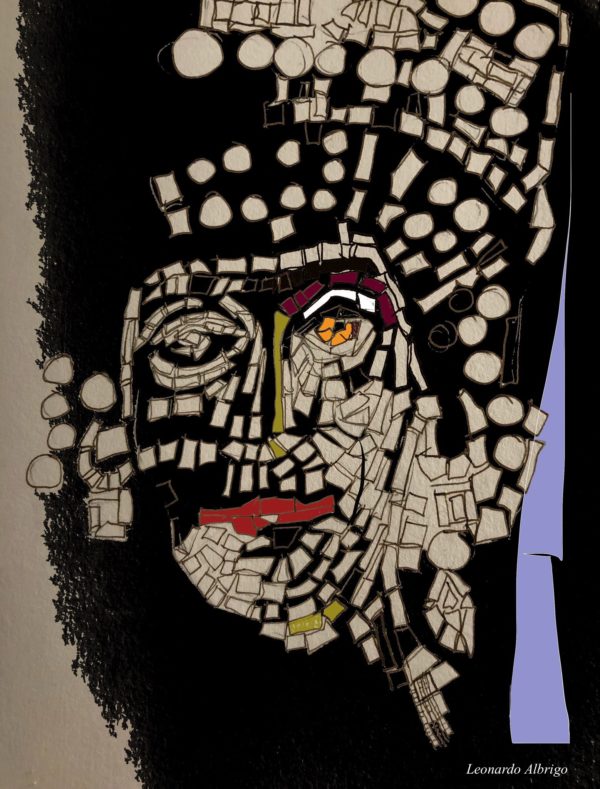
Abstract: The subject of the article is the influence of social history on the history
of the private, from the ‘discontents’ voiced by Freud to the ‘malaise’ of Kaes. Acceleration of ‘doing’ without limits which, deaf to the interdependence which links the living, leaves in the psiche fears that go beyond the threshold of thought and obscures the sphere of affections. ‘Doing’ which forces human beings, while they are afraid of the faces of their neighbours, the critical thought, blame, troubles and pain, project international space stations and new nuclear bombs. Schism between … Continua a leggere
Pubblicato in Monografica, NUMERO 11
Lascia un commento
